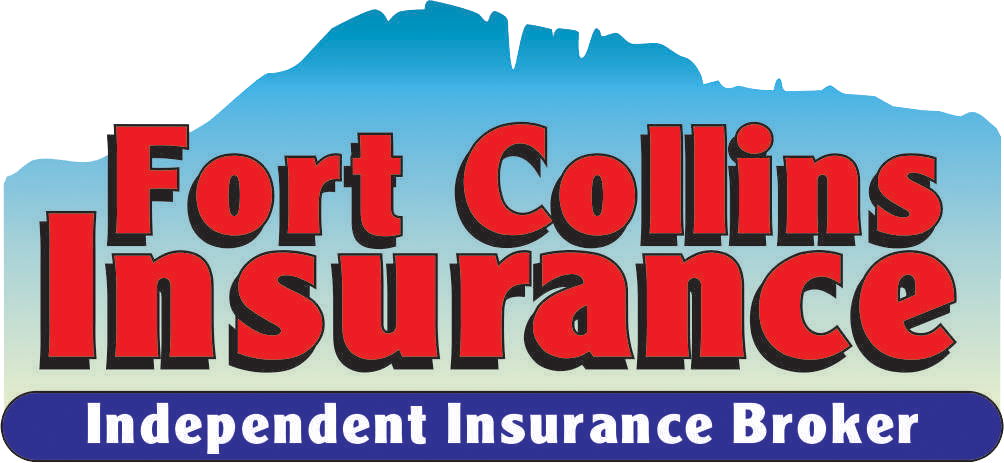
Engineers play a critical role in developing our infrastructure, whether in civil, mechanical, or structural projects. With this responsibility comes the need for engineering insurance designed to protect professionals from the unique risks they face. From liability to errors and omissions, having the right coverage is essential to safeguarding your reputation and business.
In this guide, we’ll explore the different types of engineering insurance, why they are crucial, and how to ensure you’re fully protected.
What is Engineering Insurance?
Engineering insurance refers to a range of policies specifically tailored to protect engineering professionals, consultants, and contractors from the risks associated with their work. Whether you’re designing a building, conducting soil assessments, or overseeing the construction of large-scale projects, you face liabilities that can result in costly lawsuits or financial loss.
Why Do Engineers Need Insurance?
Engineering is a highly specialized profession, and errors in design or judgment can have significant financial consequences. Engineering insurance policies provide financial protection by covering claims related to professional negligence, errors, or omissions.
In many fields, including civil engineering, mechanical engineering, and structural engineering, insurance coverage is not just recommended—it’s often required by law or contract. Without the proper insurance, a single lawsuit could put your entire business at risk.
Types of Engineering Insurance
There are several key types of insurance that engineers should consider to protect their businesses fully.
1. Engineering Professional Liability Insurance
Also known as engineering errors and omissions (E&O) insurance, engineering professional liability insurance covers claims related to professional mistakes or failure to deliver services as promised. This type of coverage is essential for engineers, as it protects against lawsuits arising from issues such as:
-
Design errors or miscalculations
-
Failure to meet project deadlines
-
Incorrect advice or recommendations
Professional liability insurance for engineers ensures that your legal fees, court costs, and settlements are covered, preventing a mistake from becoming a financial disaster.
2. Civil Engineering Insurance
Civil engineering insurance is tailored to professionals working in the civil engineering sector. These engineers are responsible for designing and overseeing infrastructure projects like roads, bridges, and water systems. With large-scale projects comes significant risk, including property damage, personal injury, and structural failures. Civil engineering insurance typically includes:
-
Professional liability coverage to protect against claims of negligence or design errors.
-
General liability coverage to cover third-party injury or property damage.
-
Contractor's liability coverage can cover any construction-related issues.
3. Mechanical Engineering Insurance
Mechanical engineers work on designing and constructing machinery and mechanical systems, which can be complex and prone to breakdowns or malfunction. Mechanical engineering insurance protects professionals from liabilities arising from mechanical failures or design flaws. It typically includes:
-
Engineering E&O insurance to protect against claims related to faulty designs or systems that fail to meet performance standards.
-
Product liability insurance if the equipment you design causes injury or damage.
4. Social Engineering Insurance
In today’s world, cyber threats are a growing concern, even for engineers. Social engineering insurance protects against cyberattacks where criminals manipulate individuals into revealing confidential information, resulting in financial loss. This insurance is an important layer of protection for engineering firms that handle sensitive project data.
5. Insurance for Engineering Consultants
If you’re an engineering consultant, insurance for engineering consultants is crucial for protecting yourself from liability claims related to your advice or services. Consultant work often involves recommending solutions or reviewing designs, which can open you up to claims if something goes wrong with a project. Key policies include:
-
Professional liability insurance
-
General liability insurance
-
Business interruption insurance to protect you if unforeseen circumstances prevent you from completing a project.
6. Engineering Contractor Insurance
For engineering contractors, insurance goes beyond professional liability. Engineering contractor insurance typically includes coverage for:
-
Commercial auto insurance for vehicles used on the job
-
Workers' compensation insurance to cover employee injuries
-
Equipment breakdown insurance to cover tools and machinery
-
General liability insurance to cover third-party claims for injury or property damage
Understanding the Cost of Engineering Insurance
The cost of engineering insurance depends on several factors, including the size of your firm, the type of work you do, and your location. Policies such as engineering professional liability insurance can range from $750 to $3,000 annually, depending on the coverage limits and risk level.
The cost of engineering contractor insurance may be higher for contractors, especially if you have multiple employees or large-scale projects. However, skimping on insurance can lead to higher costs in the long run if a claim arises.
How to Choose the Right Engineering Insurance Policy
When selecting an engineering insurance policy, it's essential to assess your unique risks and coverage needs. Here are some tips to ensure you choose the right policy:
-
Assess Your Risks: Do you work on high-risk projects such as bridges or tunnels? Do you handle sensitive client information? Understanding your risks will help you determine the necessary coverage.
-
Work with a Specialized Insurance Agent: Not all insurance agents understand the intricacies of engineering. Look for an agent who specializes in engineering insurance to ensure they can provide the right policy options.
-
Compare Policies and Premiums: Compare engineering insurance policies from multiple providers to ensure you're getting the best rate for the coverage you need. Don't just focus on cost—make sure the policy covers your specific risks.
-
Review Coverage Regularly: As your business grows, so do your risks. Make sure to review and update your insurance policies regularly to ensure you’re fully protected as your business evolves.
The Importance of E&O Insurance for Engineers
One of the most critical forms of coverage for engineers is Errors and Omissions Insurance. Mistakes happen, but they can lead to costly lawsuits, especially in high-stakes projects. Whether designing machinery, assessing soil conditions, or developing structural plans, engineering professional liability insurance is a must-have to cover claims of errors or omissions.
Conclusion
Engineers face various risks, from project delays to design errors to cyber threats. Whether you’re working in civil, mechanical, or structural engineering, having comprehensive insurance policies in place is essential to protecting your reputation and business. From engineering professional liability insurance to social engineering insurance, the right coverage can help you avoid costly claims and keep your business running smoothly.
If you’re unsure of your specific needs, working with an insurance provider who understands the engineering field is the best way to ensure you get the right coverage. Don’t wait until a claim arises—get the protection you need today.
